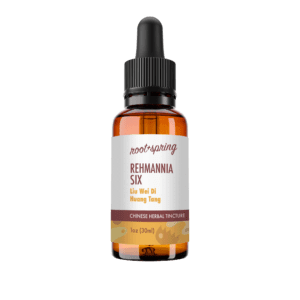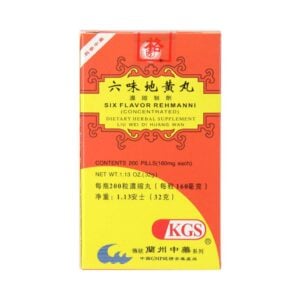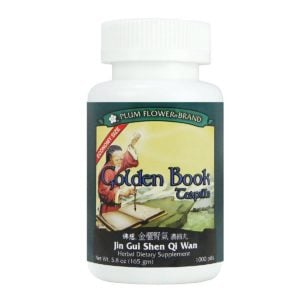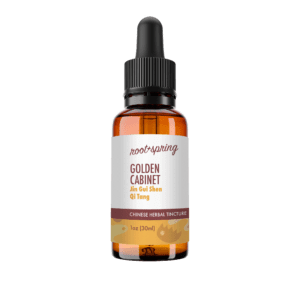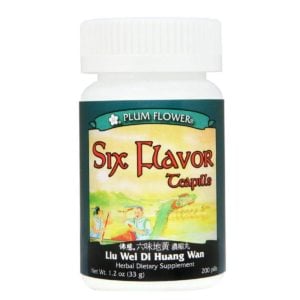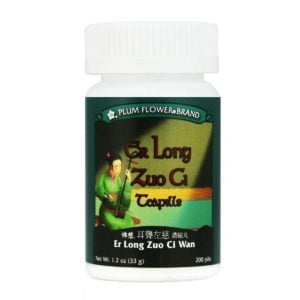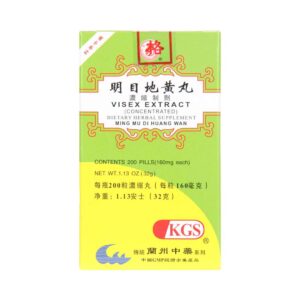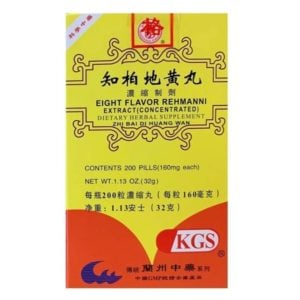Your cart is currently empty!
Shan Yao
English Name: dioscorea, common (Chinese) yam rhizome
Pharmaceutical Name: Rhizoma Dioscoreae
Medica Category: Qi-Tonifying Herbs
Properties: Shan Yao enters the Kidney, Lung, and Spleen channels; it is sweet in nature and neutral in temperature.
What is Shan Yao?:
The Chinese Herb Shan Yao is the dried tuber of the Chinese Yam (aka cinnamon vine– Dioscorea polystachya; syn. (obsolete) D. opposita Thunb.), a climbing vine in the Dioscoreae family that grows wild on hillsides and in valleys throughout temperate climes in China, Japan, and Korea which has been cultivated for centuries both as food and medicine. The tubers are collected at the end of the growing season after the leaves and stalks of the vine have withered. As medicine, they can be used fresh (i.e. taken as food/cooked into soups and stews), air-dried (but otherwise unprocessed), or dry-fried depending on which actions of Shan Yao are to be emphasized.
Traditional Chinese Medicine (TCM) Therapeutic Actions of Shan Yao:
Shan Yao tonifies both the qi and yin of the Spleen to address fatigue, poor appetite, and loose stools/diarrhea that come from various Spleen deficiency syndromes. It can be taken as food for long-term use (e.g. to help recovery after a long illness) or combined with stronger qi tonics (e.g. Ren Shen and Bai Zhu) both for its gentle nourishing qualities as well as its astringency (which helps bind the intestines and alleviate loose stools).
This astringent quality of Shan Yao also makes it a good choice to be added to formulas that address leukorrhea arising from accumulated dampness in the lower jiao (due to Spleen deficiency).
Shan Yao tonifies qi and yin of the Lung to address cough (with no sputum or sticky sputum that is difficult to expectorate), wheezing, and shortness of breath.
Shan Yao is a qi-tonic that is not drying in nature (i.e. it also tonifies yin). This makes it a good choice treat xiao ke (“wasting and thirsting”) syndrome. It can be taken daily as porridge or tea for this purpose, or it can be combined in formula and taken as “medicine” (Huang Qi pairs synergistically with Shan Yao for this purpose).
Shan Yao tonifies Kidney yin to address various signs of Kidney yin deficiency (such as soreness in the lower back, dizziness, light-headedness, tidal fever, and night sweats). Its astringent nature makes it good for consolidating the Kidney to address leakage of fluids (e.g. spermatorrhea, frequent urination, and nighttime enuresis (wetting the bed).
–safety/clinical notes:
Contraindicated in cases of excess heat.
In cases of accumulated dampness, it should be not be used singly (due to its astringency).
Shan Yao occasionally causes some abdominal distention and feeling of fullness. Chen Pi will regulate the qi in the middle and resolve this minor side effect.
Use of Shan Yao should be monitored for those taking antidiabetic medications (such as insulin, tolbutamide (Orinase), glipizide (Glucotrol), and glyburide (DiaBeta/Micronase) to avoid potential hypoglycemia.



